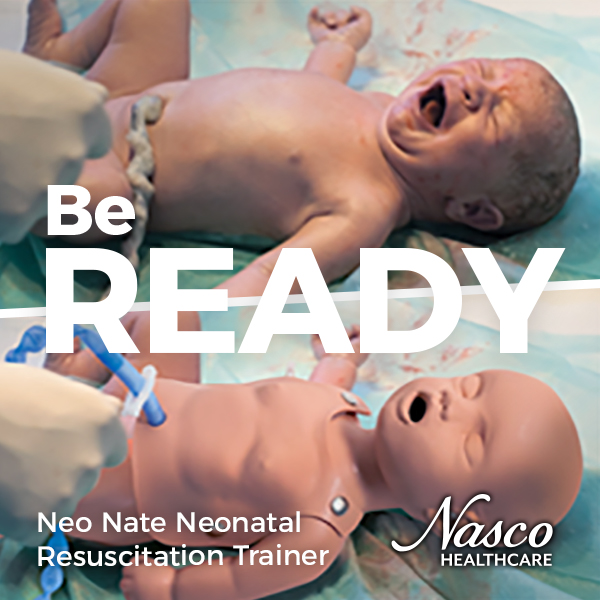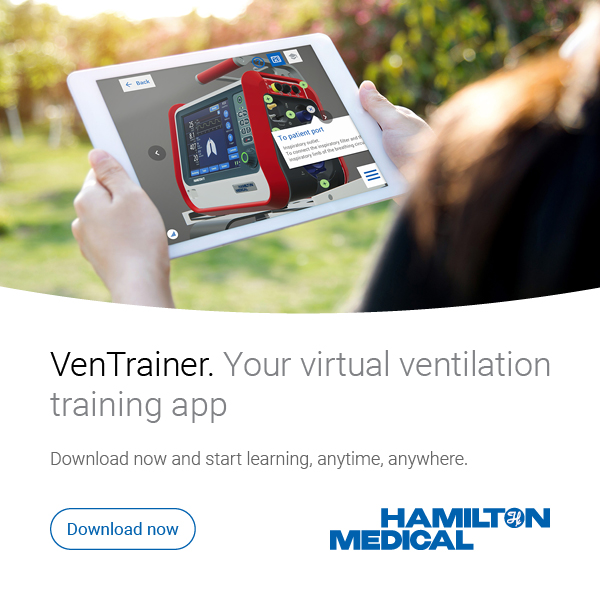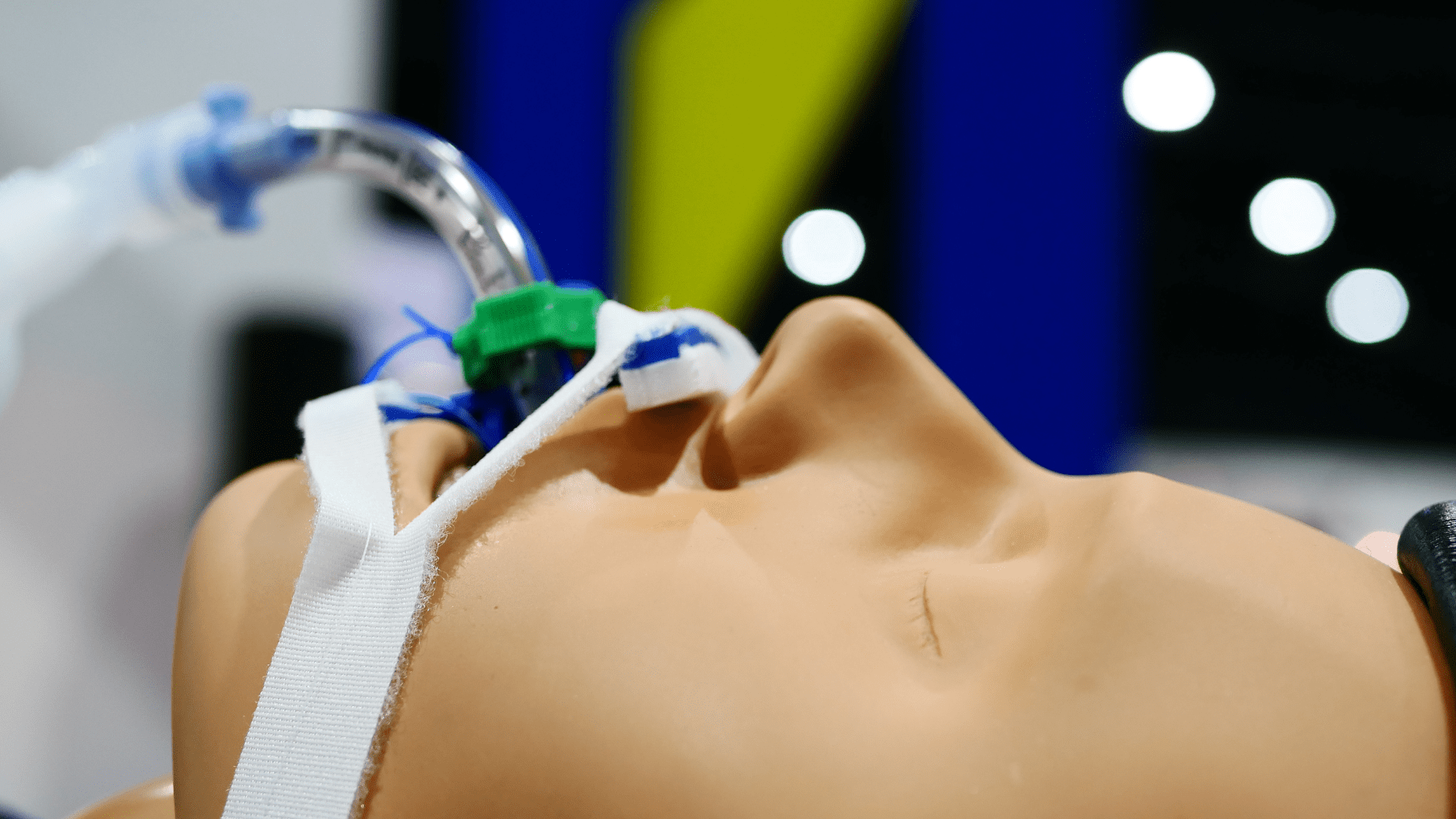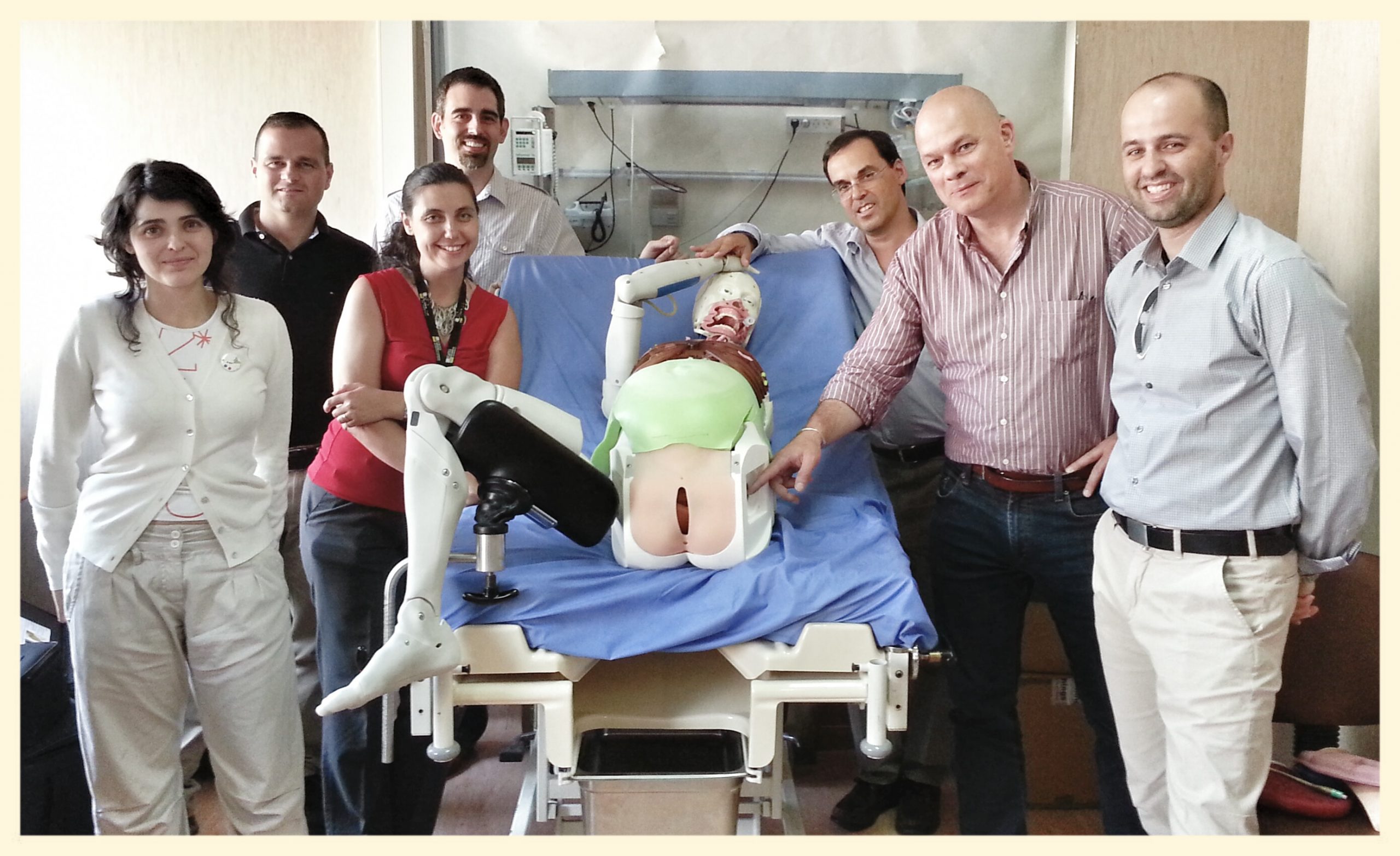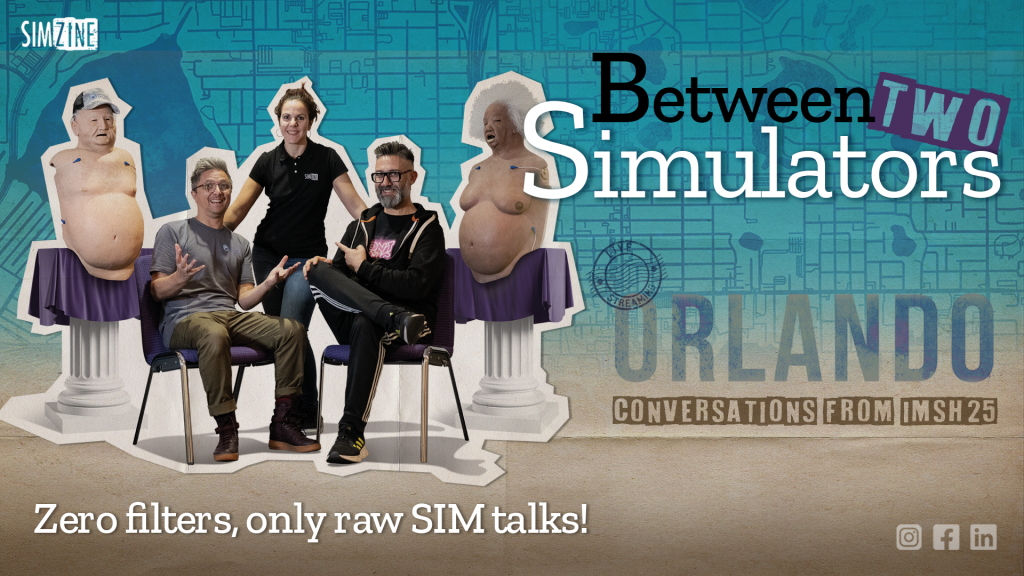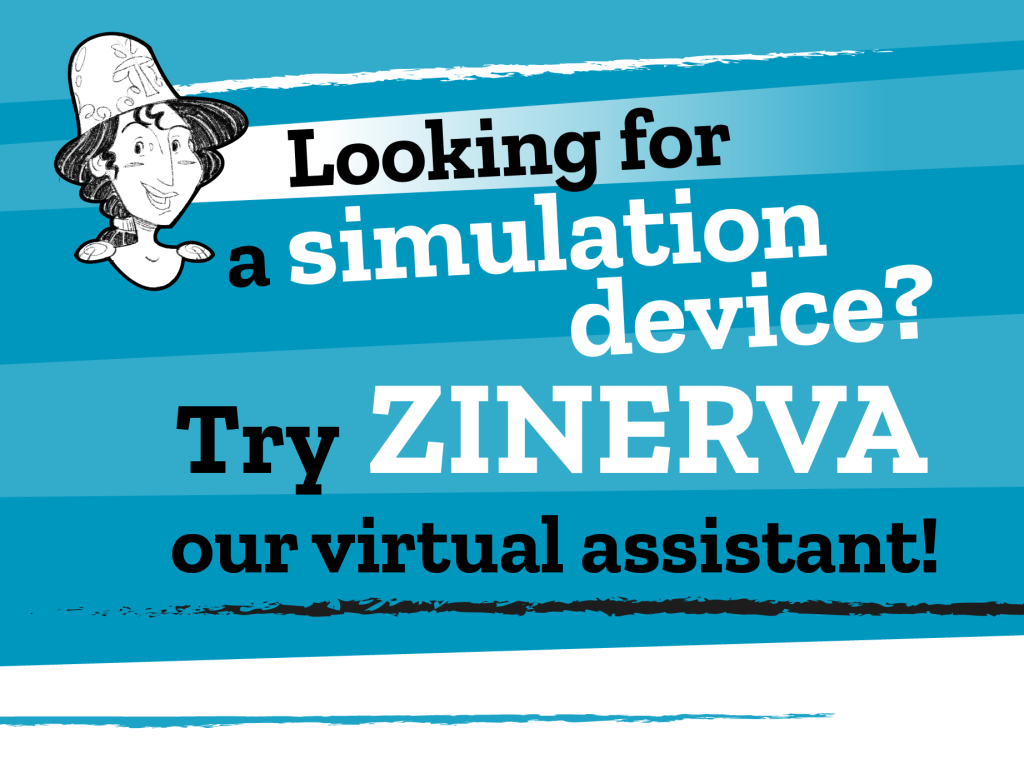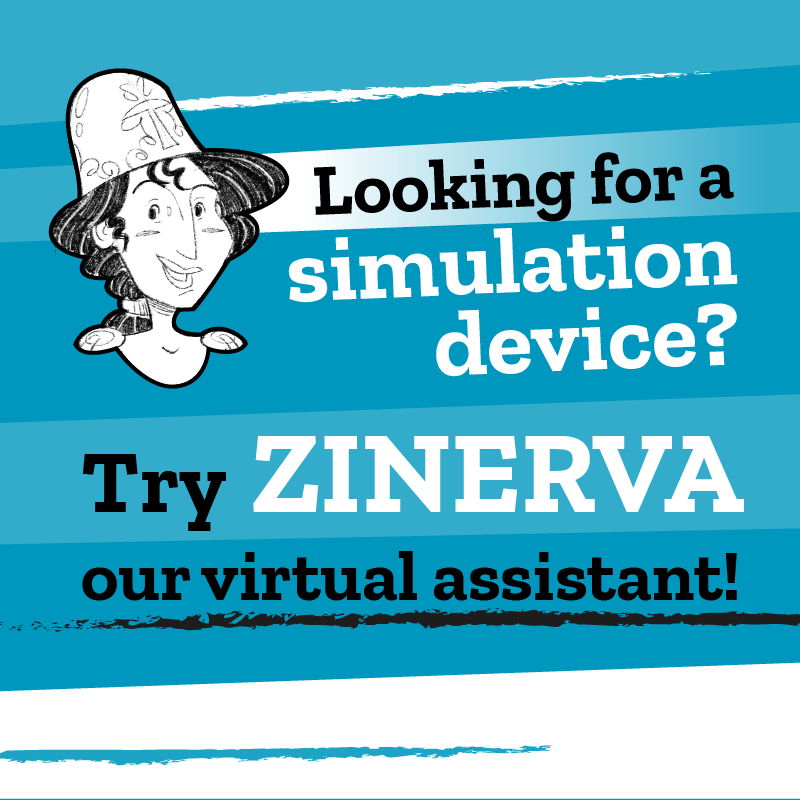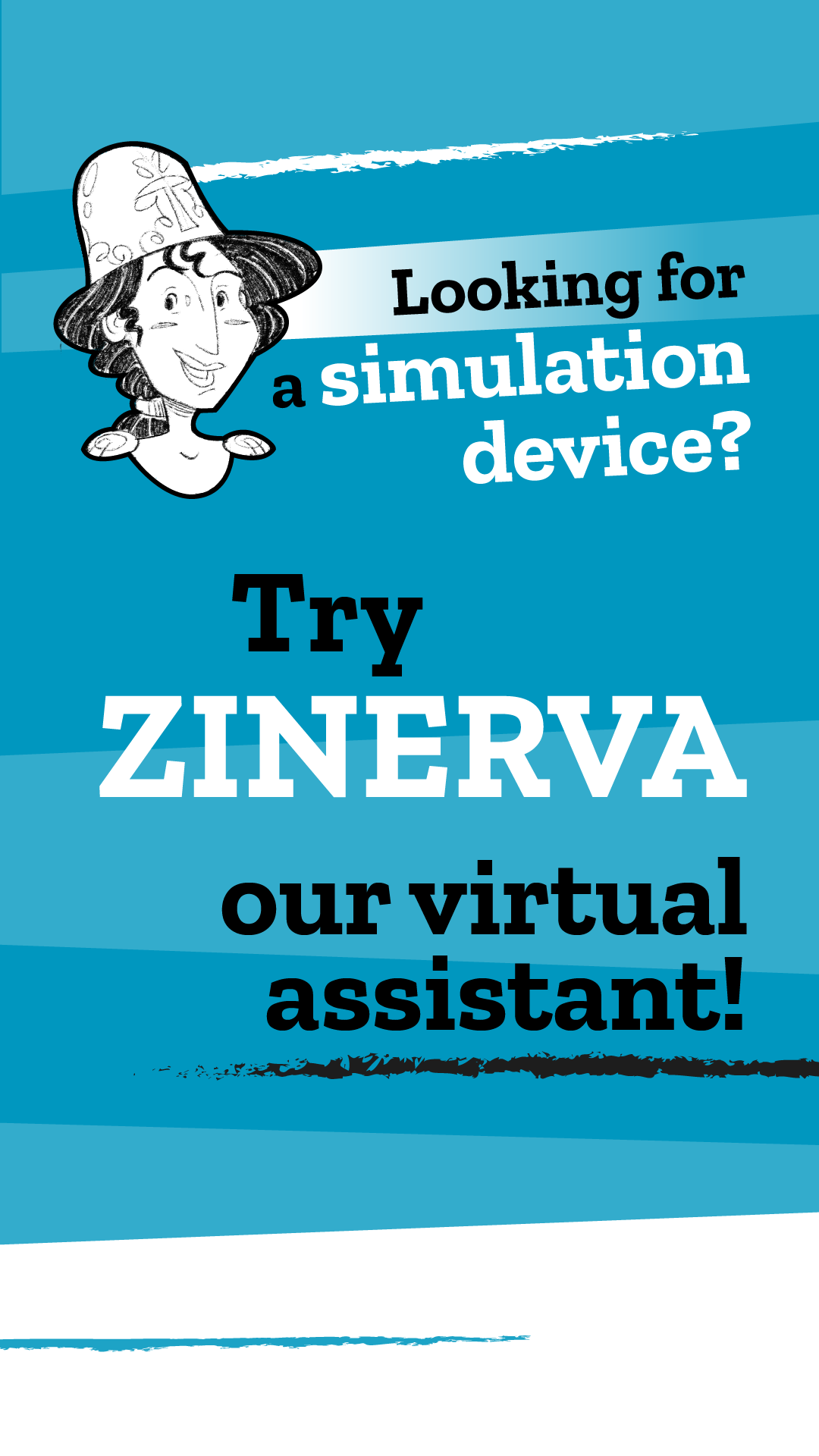The profession-role exchange in simulation scenarios can be effective in increasing interprofessional collaboration
What is role exchange in scenarios?
Practicing a profession role other than the one you usually live in real life.
What does this mean in practice?
Imagine an emergency physician who, in one scenario, assumes the role of anesthetist called to intervene in a polytrauma patient.
Sorry, what’s the benefit?
It’s simple. The learner becomes more easily aware of the way of thinking and action of the colleague belonging to another discipline.
Why do this?
During interprofessional clinical practice, it is more difficult to clarify the roles and contributions of other members of the healthcare team due to a kind of “professional barrier”.
To provide participants with the opportunity to improve their perception of the roles of other professions, it may be helpful to use this professional-role exchange model. You actually get a chance to see things differently and to make discoveries.
A bit like you are doing now on this page: you changed the point of view! 😉
Therefore, if I understand correctly, the profession-roles exchange can be effective in increasing interprofessional collaboration and could, therefore, be used as an effective tool for interprofessional training. The goal is to improve awareness of the role of colleagues, their priorities and their way of behave.
Exactly. In practice, using the role exchange we take advantage of Heinz Von Foerster’s suggestion: ” Act always so as to increase the number of choices”
REGISTER, WE GIVE YOU THE BOOK
SIMZINE wants to give 3 copies of the book “Debriefing after the simulation scenario. Basic and Advanced-Strategic. Handbook for the facilitator” to its readers. To try to receive the book, register on www.simzine.it and send an email to redazione@simzine.it with the subject ‘Debriefing 2022’. If you like, write us a couple of lines about who you are and why you are interested in the subject.





